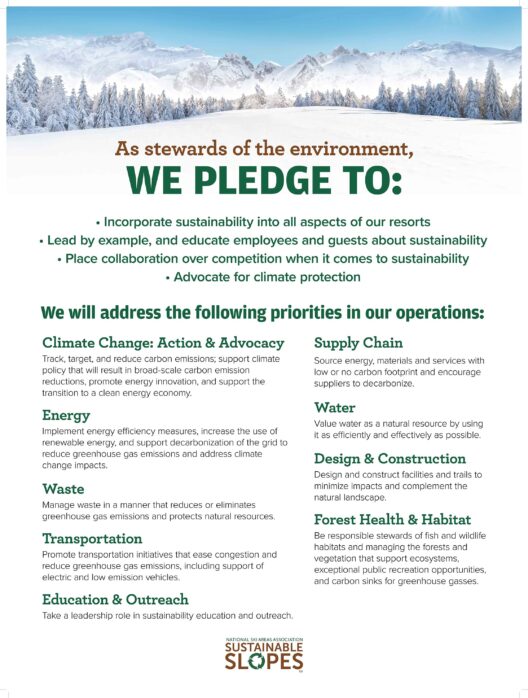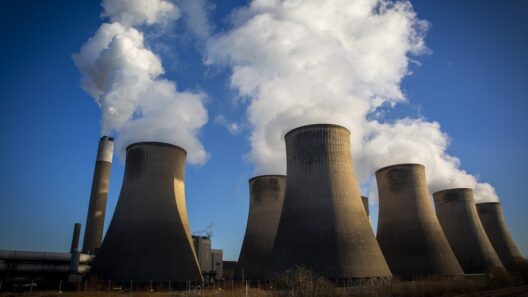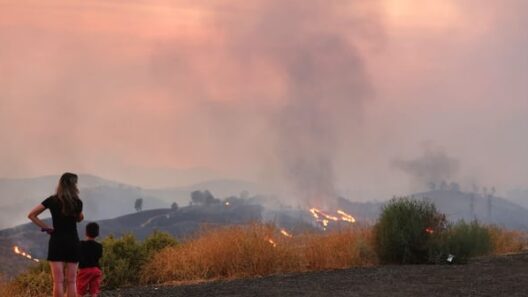Indonesia, an archipelago of over 17,000 islands, is more than just a breathtaking tapestry of nature; it is a crucial player in the realm of climate action. Like a vast orchestra, each island contributes its unique voice, harmonizing within the broader narrative of global environmental stewardship. In a world clamoring for tangible solutions to the encroaching climate crisis, Indonesia stands at a pivotal juncture, poised to craft a greener future through innovative policy, robust grassroots initiatives, and a deep-rooted respect for its natural resources.
The journey toward environmental sustainability for Indonesia resembles the intricate dance of a traditional Balinese performance. Each step requires precision, balance, and awareness of the surroundings. The intricacies of this journey involve a multifaceted approach. Deforestation, a significant concern, has long threatened Indonesia’s rich biodiversity and carbon stores. The country has begun to pivot from a history of rampant logging and land conversion to one that emphasizes the preservation of its precious forests. Through initiatives like the moratorium on new forest clearing and expanding protected areas, Indonesia signals its commitment to a greener path. This effort not only safeguards irreplaceable ecosystems but also showcases Indonesia’s embrace of eco-centric governance.
Indigenous communities, the stewards of the land for centuries, are integral to this narrative. These communities are akin to ancient scribes, possessing a wealth of knowledge about sustainable practices woven into the very fabric of their cultures. Their involvement is indispensable in the fight against climate change. By merging traditional wisdom with contemporary science, strategies become more holistic and culturally relevant. The Indonesian government has recently initiated collaborative programs that empower these communities, allowing them to engage in forest management and conservation. This partnership is a testament to the country’s understanding that inclusivity strengthens resilience.
Moreover, Indonesia’s expansive marine territory offers additional avenues for climate action. The ocean, often referred to as the planet’s lungs, plays a critical role in regulating climate. Recognizing this vital function, the government has embarked on initiatives to protect coral reefs and marine biodiversity. The Coral Triangle, which harbors an astounding variety of marine species, serves as a focal point for conservation efforts. Establishing marine protected areas has become a priority, fostering not just environmental health but also sustainable livelihoods for coastal communities reliant on fishing. A healthy ocean reflects a healthy planet, acting as a buffer against the impacts of climate change.
Transitioning to renewable energy is another cornerstone of Indonesia’s climate action strategy. The country is endowed with an abundance of natural resources—sunshine, wind, and geothermal energy. Harnessing these resources is akin to tapping into a wellspring of potential. The government has set ambitious targets for renewable energy production, aiming for at least 23% of the national energy mix by 2025. By investing in solar farms and wind projects, Indonesia not only addresses energy security but also paves the way for green jobs, illustrating that sustainability can fuel economic growth.
However, progress does not come without its challenges. The nexus between development and environmental preservation poses significant dilemmas. Economic growth often seems to overshadow ecological considerations, leading to conflicts over land use and resource extraction. The palm oil industry, for instance, has been both a boon and a bane. While it provides economic opportunities, it also contributes to deforestation and habitat destruction. This paradox underscores the necessity for a paradigm shift, where ecological health is regarded as the foundation for economic vitality.
Engaging the youth in climate advocacy is one of the most promising facets of Indonesia’s climate action narrative. Young activists, emulating the spirited intensity of a volcanic eruption, are rising to the occasion, demanding accountability and action from their leaders. They leverage social media and grassroots campaigns to rally support, making their voices undeniably heard. This generational movement signals a shift in attitudes toward environmental stewardship, rekindling hope for a sustainable future.
Yet, the path to a greener Indonesia is not solely inward-facing; international cooperation plays a crucial role. Indonesia is an active participant in global climate negotiations, recognizing that climate change is a transboundary challenge that requires collective action. The country benefits from partnerships that provide funding, technology, and expertise to bolster local initiatives. Through platforms such as the Paris Agreement, Indonesia demonstrates its commitment to reducing greenhouse gas emissions and enhancing resilience to climate impacts.
As Indonesia navigates this intricate tapestry of climate action, it remains anchored by its rich heritage and cultural diversity. Each island, town, and community contributes a unique thread to the overarching narrative, underscoring the importance of collaboration and creativity in addressing climate challenges. Just as a master weaver skillfully interlaces various strands into a cohesive design, Indonesia is crafting a future where environmental harmony is both a goal and a promise. The metamorphosis from exploiting natural resources to embracing sustainable practices has begun, but it requires vigilance, commitment, and shared responsibility.
In summation, Indonesia’s climate action represents more than a mere strategy; it embodies a vision of resilience and sustainability that could inspire other nations. The country stands at a crossroads, where the choices made today will reverberate for generations to come. By nurturing its ecosystems, empowering its communities, and embracing innovation, Indonesia can emerge as a beacon of hope in the global movement against climate change. This collective endeavor is not solely about preserving the environment; it is about securing a prosperous future for all its inhabitants. An Indonesian renaissance, rooted in environmental consciousness, is not just a possibility—it’s an imperative.







